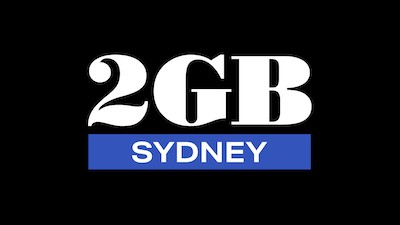Boys do cry: Changing the way advertisers speak to men
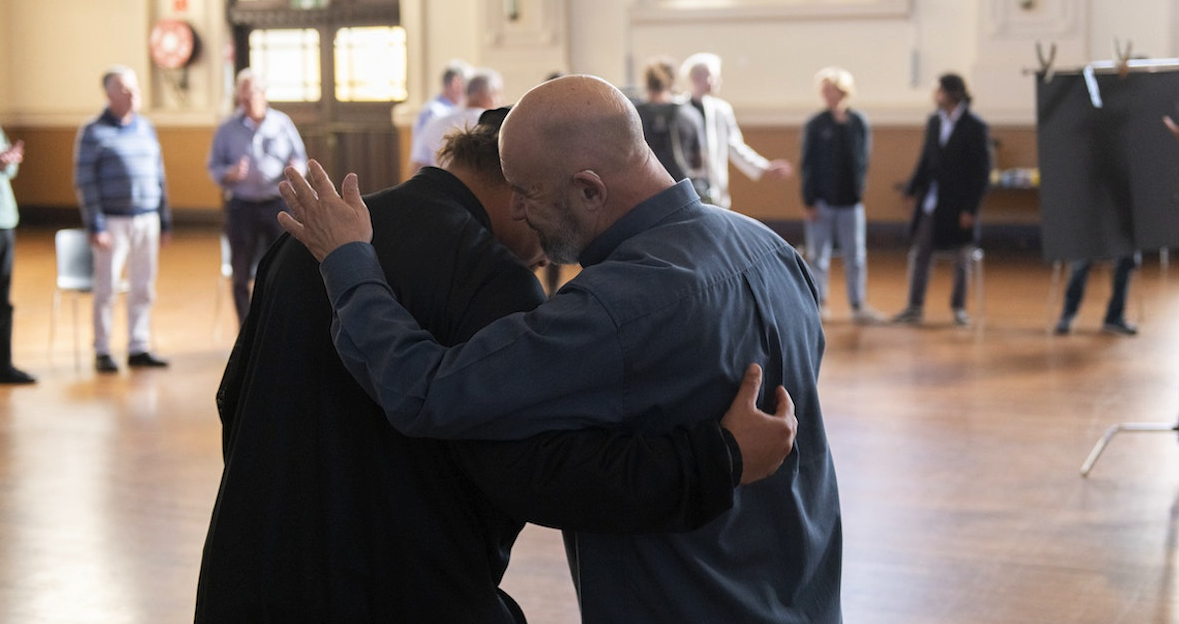
Being a man doesn’t have to mean you have to ‘man up’ when the going gets tough.
Advertisers and brands have had to shift their approach when talking to men, especially when it comes to mental health.
And it’s certainly struck a chord.
There’s been a huge response to a new campaign – which reworks ‘Boys Don’t Cry’ by The Cure into ‘Boys Do Cry,” demonstrating the potential for advertising to shine a light on the mental health issues facing so many Australians.
Three years in the making, the campaign is the brainchild of Chief Creative Officer & Partner at The Hallway Simon Lee.
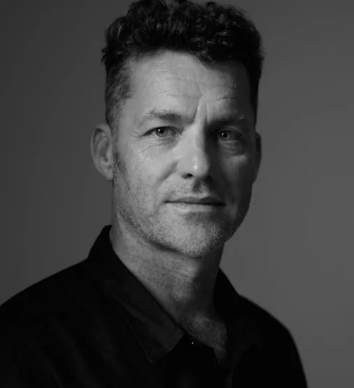
Gotcha4Life founder and Triple M favourite Gus Worland was also heavily involved in the campaign, which highlights the struggles men face in defying masculine stereotypes.
The campaign reinforces that opening up isn’t just healthy … it can be the difference between living and dying.
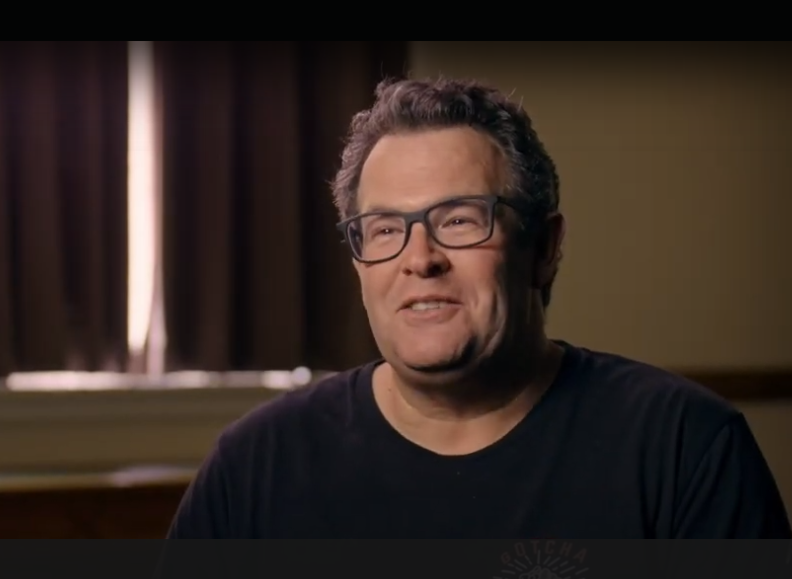
Radio Today spoke to Simon and Gus about the campaign.
Despite work to break down the stereotypes, do you think men still feel pressured in today’s society to appear masculine and hide their vulnerability?
Simon: “The traditional mould of emotionally stunted masculinity is generations old, perpetuated by our unconscious adherence to a series of unspoken “Man Commandments”. There’s no doubt that we’re heading in the right direction, but there’s still a long way to go. The job won’t be done until the words: “boys don’t cry” seem as utterly ridiculous to us all as “women shouldn’t have the right to vote.”
Gus: “Yes, absolutely. There’s no doubt that men still feel pressured to ‘man up’ and deal with stuff ourselves, but it is getting better. This new generation are much better than my generation, we just have to keep going and we have to normalise this conversation and that’s why we love talking about mental fitness because it normalises the discussion, everyone understands physical fitness but if we talk about mental fitness then give them exercises to work on their mental fitness it will become, slowly but surely, as easy to talk about as our physical fitness. The more people normalising it and understanding it’s a human issue, the better.”
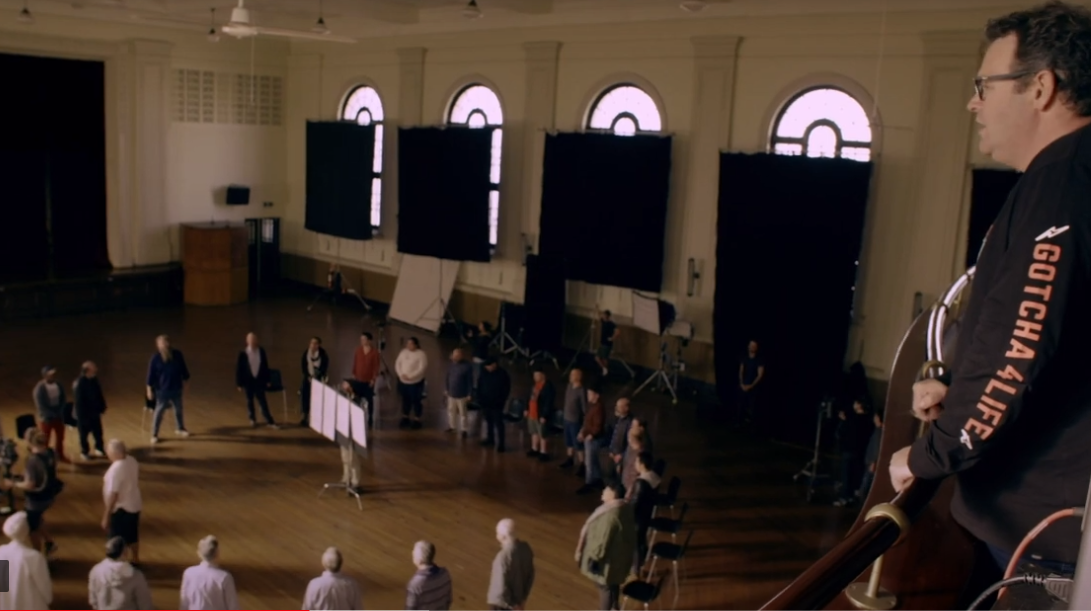
In what ways have advertisers and brands had to change their approach when talking to men?
Simon: “It starts with brands and their agencies becoming fully conscious of the role that advertising plays in shaping people’s perception of the world and how to behave in it, and taking that responsibility very seriously.”
“The advertising my generation was exposed to as a teenagers in the late 1980’s played a part in ‘programming’ us to believe that to ‘be a man,’ you had to be a rugged macho hero, riding motorbikes down long open highways, pulling pet dogs from burning houses, achieving incredible feats on the sports field, or being Gordon Gekko style business warriors.”
“Though some of us may have done or do some of these things, on the whole, this is an extremely narrow portrayal of masculinity that can easily – and undoubtedly did – leave millions of men feeling inadequate. To help create a healthier and happier masculinity, and therefore healthier and happier men, we need to remove any pressure to conform to a mould. From a communications point of view – this means broadening our storytelling immensely, to encompass the infinite beautiful possibilities that being a human being that identifies as a man afford us.”
Gus: “In terms of advertising to men, there’s definitely been a change now from that macho man stuff to actually understanding that men are very different to perhaps the Marlboro man.”
“This is all about men being able to be normal and human and understand that we’ve got the same sort of pressures to deal with. Plus it’s a very different place to be a man these days than when the traditional ads were done. There’s still a place for it and there’s still a place to have humour and fun around it, but as a general rule people now understand that there’s a different type of man out there that we should be talking to and that’s not that traditional old-school type.
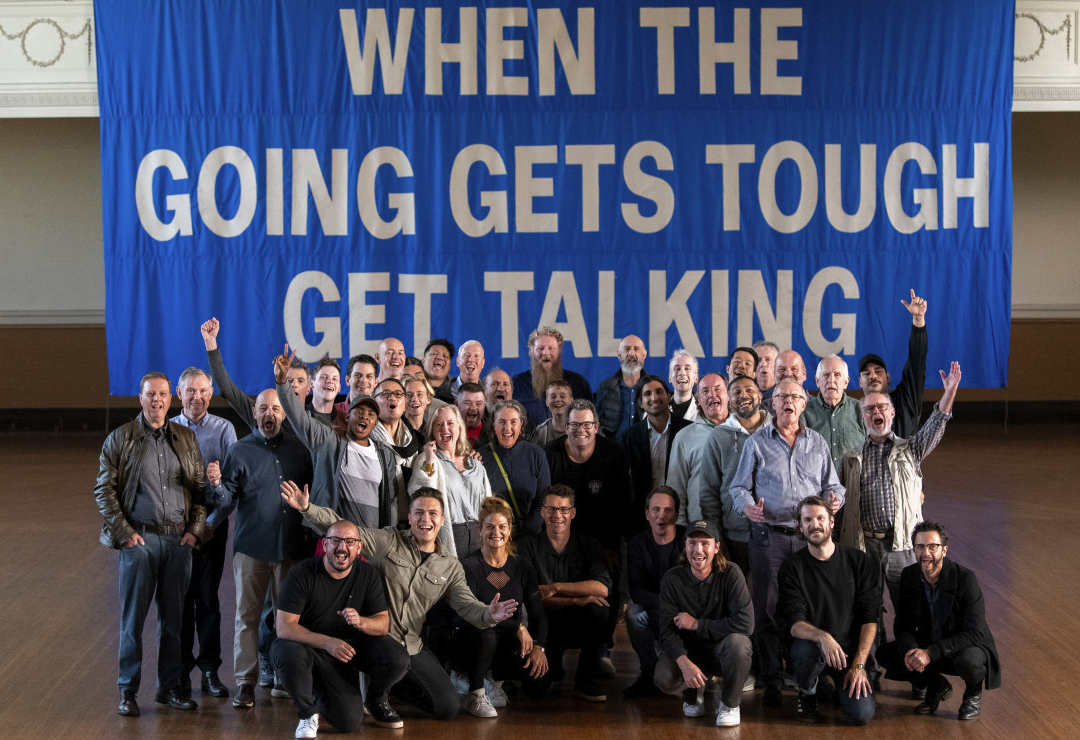
What continuing role can radio – in particular – play in raising awareness of the struggles men face, particularly in the area of mental health?
Simon: “The Boys Do Cry tagline: WHEN THE GOING GETS TOUGH, GET TALKING says it all. Radio is for a large part ‘talk’ so it’s the perfect medium to help remove the taboo that has existed for far too long around mental health. A presenter or guest opening up about their mental health on air sends a potentially life saving message to millions of listeners that it’s ok and normal to do so. The more we do it, the more normal it becomes, and the less inclined blokes are to see suicide as the only way out.”
Gus: “The great thing about radio is that it’s so personal, where you can actually be driving in the car or listening on your headphones and it can be just that one person talking to you rather than that huge audience so it just gives you that feeling like it’s a personal experience.”
What has the reaction to the campaign been like?
Simon: “I always felt that we were creating something powerful and special, but the reaction to the campaign has surpassed all my expectations. The widespread coverage by the global media bears testament to the poignancy of the male suicide problem not just in Australia but around the world and the burning need to address it. We received thousands of emails and social media messages that were heartwarming and heartbreaking in equal measure.”
“It gives me great hope to hear that teachers and lecturers at schools and universities in countries as far and wide as Australia, Portugal, Germany and South Africa are screening the Boys do Cry video to their students. But the most important reaction to the campaign is no doubt the 35,000+ men who have reached out for help after hearing or seeing the campaign and visiting the boysdocry.com.au web.”
Gus: “I’ve been so proud to be a part of this campaign, it started off as an idea – Simon and I sitting down and me basically telling him my story and getting really vulnerable with him and letting him know that Gotcha4Life was the perfect partner because we need to change the way that people look at men and the rules around men. Just so please to be involved in it then to be able to do the documentary around the making was incredible, then to be there on the day when they did all the filming and seeing it all come together and meeting all the people involved – the grandads through to the young kids was just one of those magic moments.”
“To see it win so many awards around world now, how many people have been affected by it and how many people stop me in the street to talk about it is something that Gotcha4Life and myself are personally very, very proud of.”

